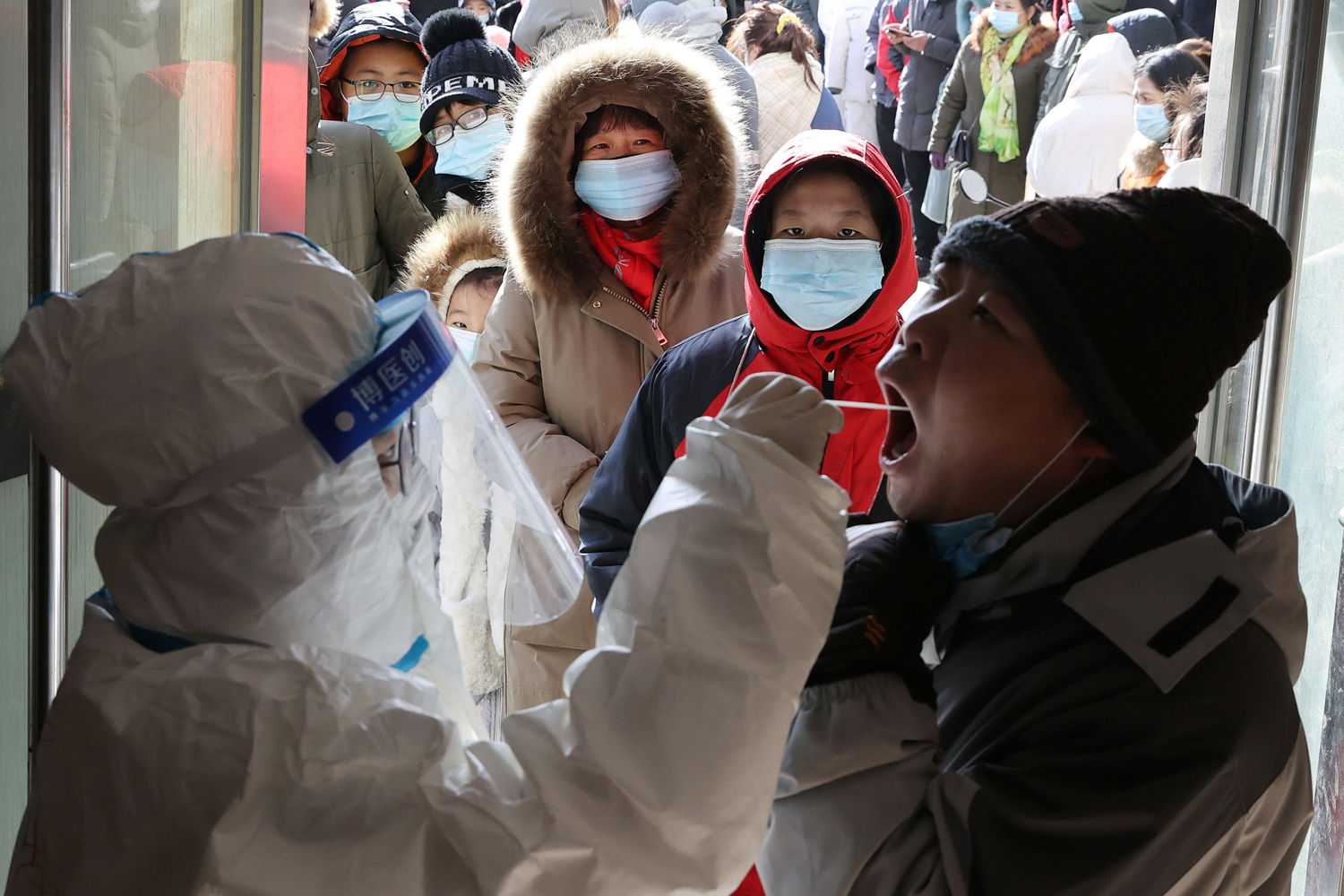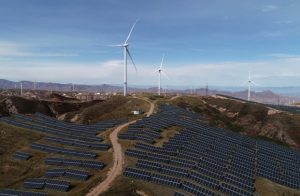(ATF) China’s companies and local governments are offering a range of incentives to persuade workers not to go home for the Lunar New Year holiday in February as a resurgence of coronavirus dampens celebrations for the second time in a row.
This period usually sees about 236 million rural migrant labourers, as well as millions more white-collar workers, travel back to see their families. But the rapid coronavirus spread from Wuhan during last year’s holidays trapped many workers in their villages for months and forced them into long quarantines.
Now – as China experiences a surge of the coronavirus in certain areas, though far from the levels seen in other countries – the prospects of a happy lunar new year in 2021 are plummeting.
China recorded 135 locally transmitted Covid-19 cases on Thursday, according to the National Health Commission. Hebei, the province surrounding Beijing, added 90 new cases, marking the 11th straight day of double-digit new cases since.
As health officials grapple with the new outbreaks, corporate China is bracing for another holiday period in which factories are paralysed, industrial production plummets, and workers lose weeks of income.
WORKING HOLIDAYS
Companies usually pay extra to those who volunteer to work over the festival, but this year local governments and companies are hoping far more take up the offer. Most provinces have issued notices encouraging workers to stay in place, citing the importance of epidemic control as well as “guaranteeing the stability of industrial and supply chains”.
Incentives include extra pay, gifts, entertainment and holidays. A chemical company in Zhejiang told local media that 85% of its workers plan to stay this year, lured by double pay and a 500 yuan ($77) bonus.
Wang Zhishen, who works at a container factory in Dongguan, an export hub in Guangdong province, told Reuters he will probably stay there if his factory remains open, despite having bought a ticket home to Gansu province, 2,000 kilometres away. “What if you get unlucky and get infected on the road back home? Then your whole family might get sick,” he said.
Other companies, say analysts, have revised production and holiday schedules to cope with disruptions caused by the Covid-19 surge. Some copper rod and wire producers in Hebei, Jiangxi and Henan provinces have either slashed production or plan to bring forward lunar new year holidays.
“The latest lockdowns will restrict shipping of products,” said Yao Wenyu, senior commodities strategist at ING. “Some aluminium fabricators in Hebei have also idled or slashed production due to these restrictions.”
SUPPRESSED DEMAND
However, some analysts say it is inevitable that many workers will try to make the trek home. “Migrant workers will start to return to their hometowns in late January, we believe the risk of Covid-19 contagion will increase in early 2021,” said Ting Lu, chief China economist at Nomura.
Lu said the resurgence of the coronavirus and the re-introduction of much stricter social distancing rules, especially in northern China, could suppress consumer demand during the lunar new year holidays. “Increased travel restrictions could also reduce supply,” she said.
As the centre of the second wave of the surge, Shijiazhuang, the capital of Hebei, has moved more than 20,000 people into collective quarantine. The city also began to build a 200-hectare quarantine centre with 3,000 prefabricated houses scheduled to be erected by January 16.
Shijiazhuang and Xingtai, another affected city in Hebei that recorded just two more new cases, finished the second round of full-scale testing on January 14, according to Li Qian, the provincial vice-governor. Heilongjiang, the northeast province that borders Russia, recorded another 43 cases.
With reporting by Reuters






















